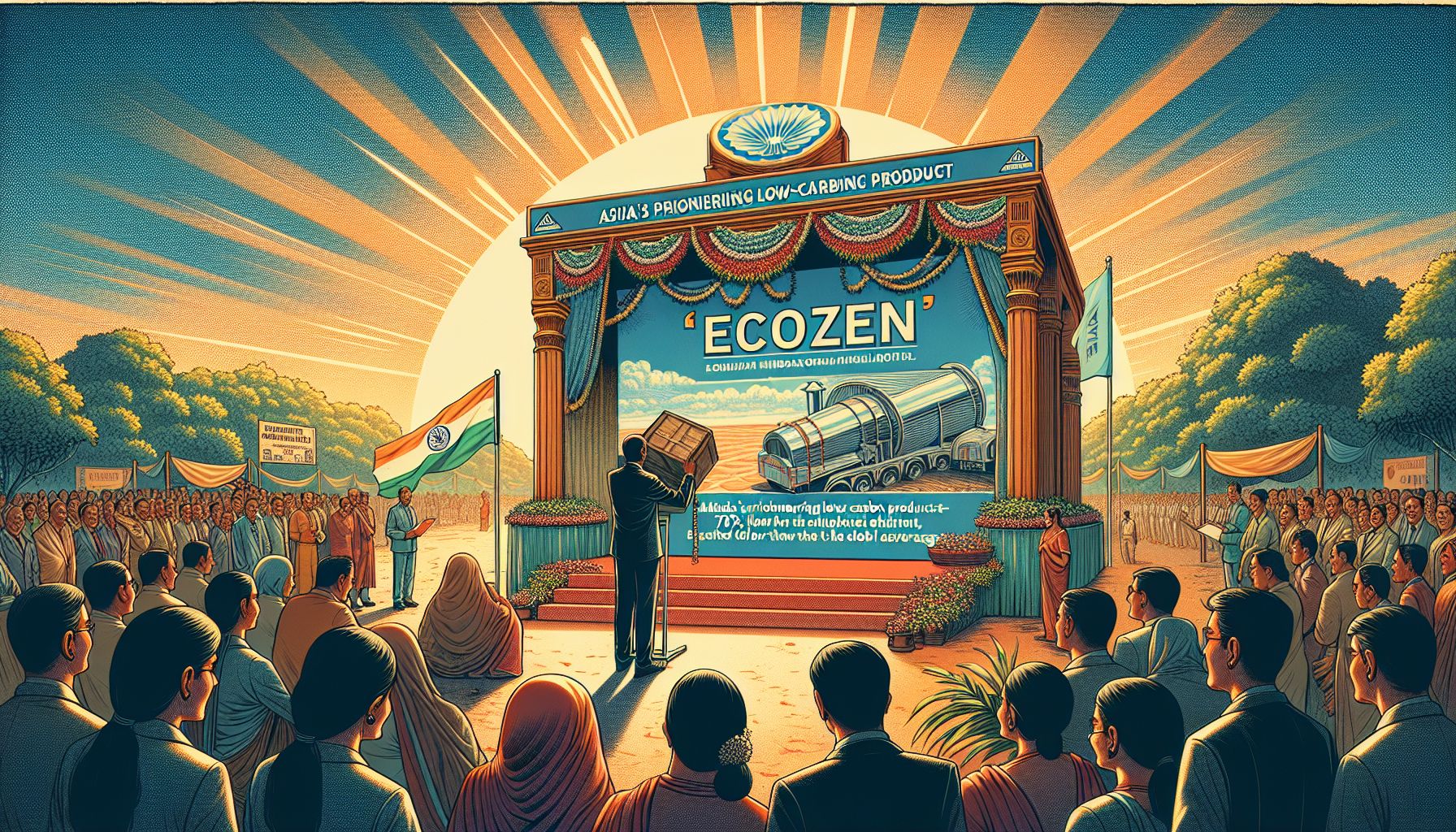Hindustan Zinc Unveils EcoZen: Asia's First Low-Carbon Zinc

Amsterdam, Friday, 26 July 2024.
Hindustan Zinc Limited launches EcoZen, Asia’s pioneering low-carbon zinc product. With a carbon footprint 75% lower than the global average, EcoZen marks a significant step towards sustainable metal production, particularly benefiting the automotive and construction industries.
A Major Leap Towards Sustainability
Hindustan Zinc Limited (NSE: HINDZINC), headquartered in Udaipur, Rajasthan, India, has unveiled EcoZen, a revolutionary low-carbon zinc product. This launch is a testament to the company’s commitment to environmental sustainability and innovation in metal production. EcoZen’s production process harnesses renewable energy sources, leading to a carbon footprint of less than one tonne per tonne of zinc produced, which is approximately 75% below the global average[1].
Significant Impact on the Automotive Industry
The automotive sector, a major consumer of zinc for galvanizing steel to prevent corrosion, stands to benefit immensely from the introduction of EcoZen. By using EcoZen, it is estimated that approximately 400 kilograms of carbon emissions can be avoided per tonne of steel galvanized[2]. This reduction plays a crucial role in the sector’s efforts to lower its overall carbon footprint and align with global sustainability goals. CEO Arun Misra emphasized that vehicles galvanized with EcoZen will have a significantly lower carbon footprint throughout their lifecycle[2].
Strategic Investments in Renewable Energy
Hindustan Zinc’s commitment to sustainability is further evidenced by its substantial investments in renewable energy. The company has already invested over ₹3,000 crore in renewable energy projects, primarily focusing on solar power. Agreements with Serentica have secured 450 MW of renewable energy capacity, with plans to expand to 600 MW[3]. These initiatives are part of a broader strategy to produce 30-35% of its zinc using renewable energy by the next year[2].
Future Goals and Market Expansion
Looking ahead, Hindustan Zinc aims to achieve Net Zero emissions by 2050 and has set an intermediate target of reducing carbon emissions by 50% by 2030[4]. The company is also exploring opportunities in critical mineral exploration and expanding its market reach in sectors such as construction, electronics, and renewable energy. The introduction of EcoZen aligns with these goals, providing industries with a sustainable material option that supports their decarbonization efforts[1].

